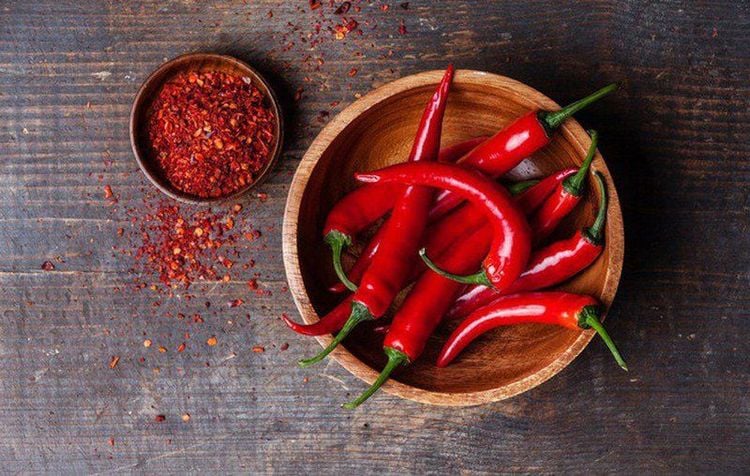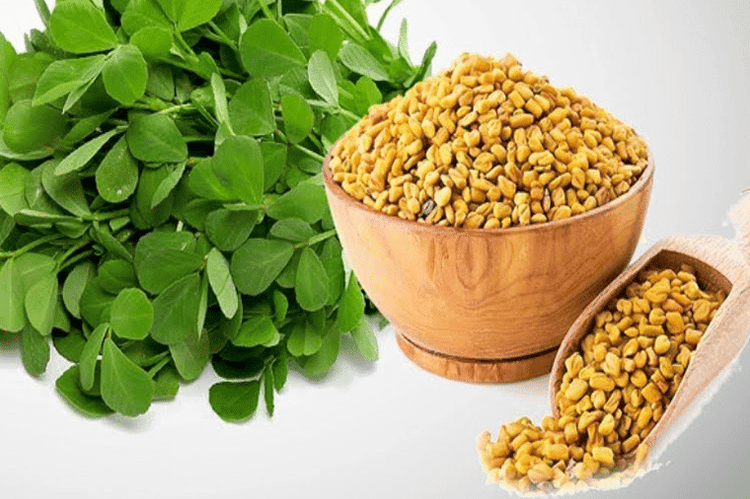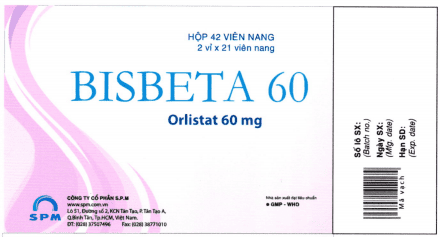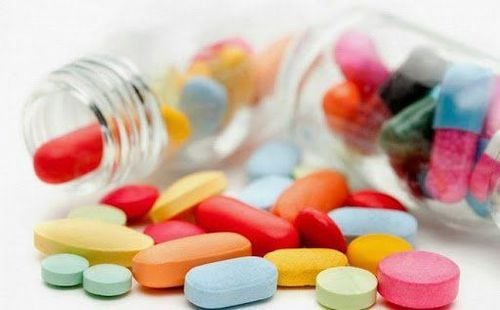This is an automatically translated article.
Experts say that herbs and spices make food taste better and promote body health. You should cook with herbs and spices often and, if possible, use several at once. Today, researchers have shown that many of them actually offer significant health benefits.
1. Herbs and spices
Herbs and spices are both used to flavor foods, research also shows they are full of healthy compounds and may have health benefits. Experts say that herbs and spices fight inflammation and reduce damage to your body's cells. Because each is rich in phytochemicals, phytochemicals that have health benefits.
Adding herbs and spices to your diet has another benefit. Because they're so flavorful, it's easy to cut back on less healthy ingredients like salt, sugar, and added fats.
2. Choosing healthy herbs and spices
You may find that some herbs and spices are sold as supplements such as oregano oil or cinnamon extract capsules... Experts recommend, unless your doctor advises you. Otherwise, you should eat herbs or spices instead of taking them in pill form.
Compounds from herbs and spices as well as other foods you are eating work together to provide health benefits.
3. The best herbs for your health
If you're new to cooking with herbs and spices, it's a good idea to give it a try to find a combination of ingredients and flavors that you like. Here are some highlights for you to consider adding to your next meal:
Cardamom. This spicy, sweet spice is found in many pumpkin spice blends. It is known to soothe colic, and laboratory studies show that cardamom may also help fight inflammation. Of all the spices considered, cardamom is particularly rich in minerals such as magnesium and zinc. Chili. Fresh, dried or powdered chili will make your dish attractive. Chili peppers can also boost your metabolism and help keep blood vessels healthy. One reason could be capsaicin, the compound that gives them their spicy taste.

Ớt là loại thảo mộc tốt cho sức khỏe
Cinnamon. Cinnamon is great because the taste of cinnamon is usually sweet but very low in calories and has no sugar. Plus, cinnamon is easy to find and inexpensive, you can add it to almost anything, including coffee and tea. Lab studies show that cinnamon may also help fight inflammation, fight free radicals that can damage your cells, and fight bacteria. And some studies show that cinnamon can lower blood sugar in people with diabetes or potentially have it, but other studies don't prove it. Cinnamon can be seen as part of a healthy diet, but don't confuse it with a diabetes cure. Cocoa. You can think of cocoa as the main ingredient in chocolate, but cocoa as a spice has many health benefits. Cocoa beans are full of flavonoids, antioxidants that have been shown to promote heart health. Flavonoids seem to play a role in lowering cholesterol and blood pressure and help keep your coronary (heart) arteries healthy, among other things. Cummin. Used worldwide and known as a main ingredient in many Indian dishes, cumin is naturally rich in iron. Cumin may also play a role in weight loss. A study of 88 overweight women found that those who ate less than one teaspoon of cumin per day while on a low-calorie diet lost more fat and body weight than those who ate less than one teaspoon of cumin per day. those who do not add dill. Garlic. This plant has a potent compound allicin. Laboratory studies have shown that garlic can reduce your risk of heart disease. Other research also shows that eating garlic regularly can help lower high cholesterol and high blood pressure. Ginger. Ginger can actually help with stomach upset. Ginger has a soothing effect on the lining of the digestive system and can ease nausea. Laboratory studies have also shown that ginger has anti-inflammatory, antioxidant properties and may play a role in preventing diseases such as cancer. Rosemary tree. A very aromatic herb, a healthy herb. Rosemary is rich in antioxidant compounds that prevent cell damage. Even smelling rosemary can be good for you. One study found that people who used rosemary performed better on tests of memory and other mental tasks, compared to those who did not. Researchers suggest that one of rosemary's compounds, including 1,8-cineole, may boost brain activity. Turmeric. This yellow spice gets a lot of hype, and is also a good source of curcumin, an antioxidant that helps reduce inflammation. Research shows that the compound curcumin can help reduce pain, and other research shows that eating small amounts of turmeric regularly may help prevent or slow Alzheimer's disease by helping to prevent brain plaques that lead to Alzheimer's disease. to dementia.
Fenugreek. Fenugreek is commonly used, especially to enhance libido and masculinity. Although fenugreek's effects on testosterone levels are inconclusive, fenugreek appears to have beneficial effects on blood sugar levels. Fenugreek contains a plant protein with the compound 4-hydroxyisoleucine, which can improve the function of the hormone insulin. Many human studies have shown that as little as 1 gram of fenugreek extract per day can lower blood sugar levels, especially in diabetics.

Cỏ cà ri nằm trong danh sách thảo mộc tốt cho sức khỏe
Sage. Sage can improve brain function and memory, was well known for its healing properties in the Middle Ages, and was even used to help prevent disease. Current research indicates that sage may improve brain function and memory, especially in people with Alzheimer's disease. Alzheimer's disease is accompanied by decreased levels of the compound acetylcholine, a chemical messenger in the brain. Sage has the ability to inhibit the breakdown of the compound acetylcholine. The above are healthy herbs that you can apply in your daily meals to bring many benefits and prevent the risk of disease.
Please dial HOTLINE for more information or register for an appointment HERE. Download MyVinmec app to make appointments faster and to manage your bookings easily.
Reference source: webmd.com












